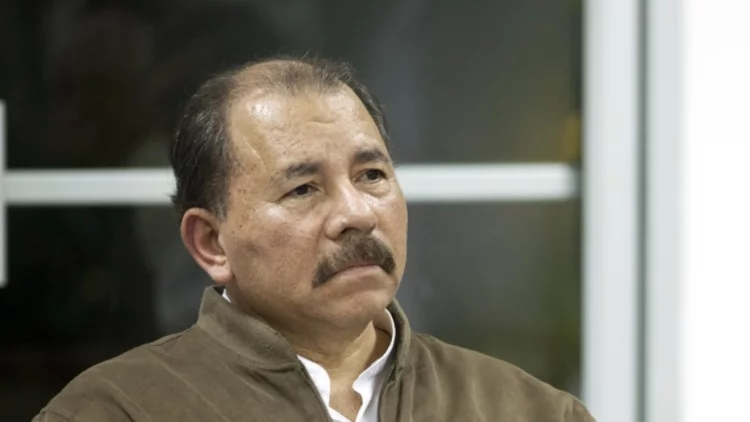Nicaragua
Nicaragua Approves New German Ambassador After Diplomatic Tensions

Recently, Nicaragua's Vice President Rosario Murillo announced the approval granted to the new German ambassador, Karsten Warnecke. This diplomatic gesture comes after a period of palpable tensions between the two countries, underscored by Nicaragua's dismissed lawsuit against Germany in the International Court of Justice. This move could be interpreted as a mere diplomatic formality, but it underlies a much deeper and certainly concerning narrative about the Ortega-Murillo regime's foreign policy.
The Ortega administration has developed a foreign policy that could be described as "dangerous friendships." Its approach is marked by anti-Americanism and an anti-democratic stance that favors alliances with authoritarian regimes such as Russia, North Korea, Iran, and China, to the detriment of relations with consolidated democracies. This self-imposed isolation from Western powers not only reflects a myopic and outdated vision of global geopolitics but also significantly damages Nicaragua's economic and social interests.
In an ideal world, where Nicaragua was a genuine democracy, its foreign relations would naturally lean towards countries that are benchmarks of economic and social development. Nations like Germany, South Korea, the United States, and the Nordic countries should be strategic allies, not diplomatic adversaries. However, Ortega's obsession with aligning Nicaragua with dictatorships shows an alarming disconnect with the realities and needs of its people.
With regard to Germany, its approach towards Nicaragua remains one of pragmatism and responsibility. Despite Ortega's provocations, Germany continues to be committed to fostering trade and diplomatic relations and supporting sustainable development initiatives. This stance is vital not only for international cooperation but also for the well-being of the German community in Nicaragua and the country's companies operating there.
Furthermore, it is crucial not to ignore Russia's pernicious influence on Nicaraguan foreign policy under Ortega. The lawsuit against Germany was nothing more than an act of political theater, fueled and possibly coordinated with Russian interests, as demonstrated by the synchronized actions of Russian media against Germany when the lawsuit was announced. This is not only a reflection of the ideological alignment between Ortega and Putin but also part of a broader strategy to destabilize and discredit Western democracies.
In conclusion, while Germany and other democracies maintain a policy of open doors and constructive dialogue, the Ortega regime persists on a path of confrontation and isolation. This policy is not only detrimental to Nicaragua but also represents a drag on the country's long-term stability and prosperity. The international community must remain vigilant and continue supporting democratic values and human rights in Nicaragua, despite the challenges this entails.
